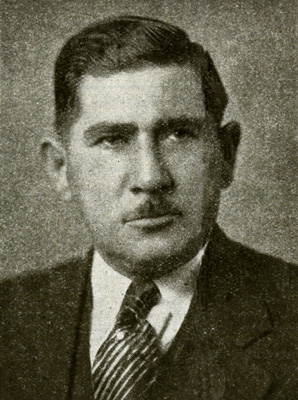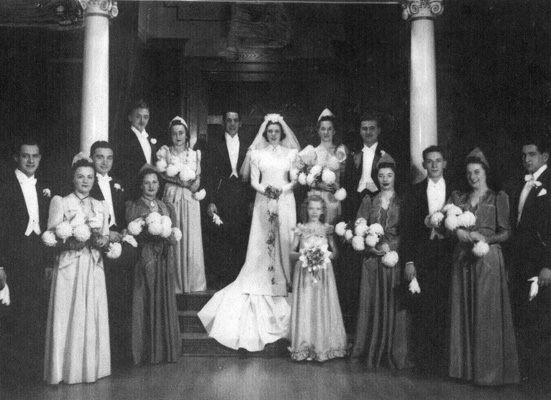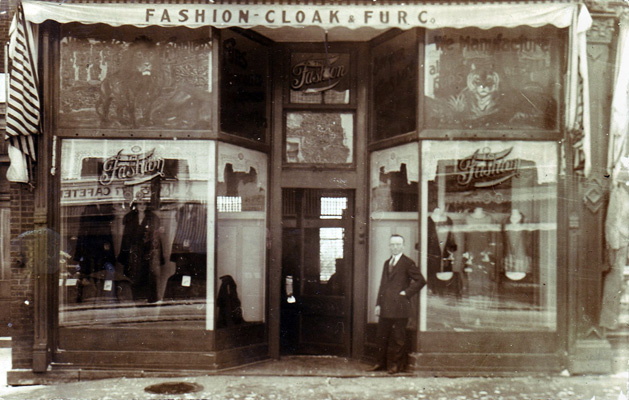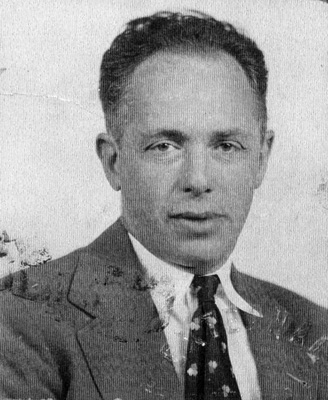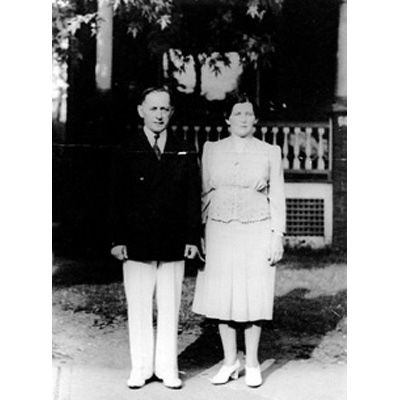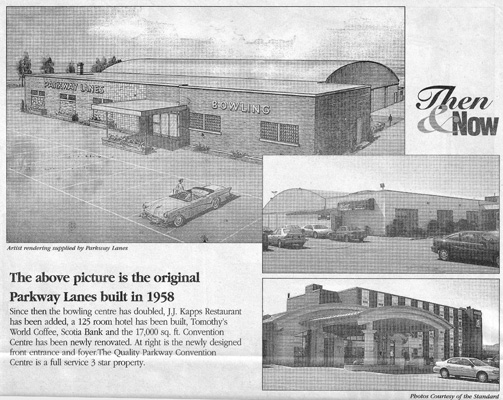Employment and Business
The first Jews to arrive in St. Catharines worked as tailors or clothiers. For instance, Max Jacob operated a clothing store on Niagara Street during the 1870s. Morris Myers’ clothing shop was situated on St. Paul Street and Michael Hayman ran Peninsular Clothing on St. Paul and Queen Streets. These early Jews were fairly successful, but did not remain in town after the 19th century.
As in most other small towns, many of the Jews, particularly those from Eastern Europe, started off as peddlers selling rags and tin. This is how Alfred Levi made his living in 1875. Most of the other early Jewish immigrants adopted this line of work, including the Offstein, Zalavinsky, Nadell, Newman, Revzen and Tomarin families. The first four lived next to each other on Queenston Street and worked in the junk business. Other junk dealers included the Levines and the Rubins. Abe Newman, Morton Revzen and Harry Tomarin’s plants flourished during the war, and the three families, who were related by marriage, became leading Canadian steel manufacturers.
Another popular vocation among Jewish residents was the retail clothing business. Morris Slepkov was engaged in this industry and established the Fashion, Cloak and Fur Company during the early 1920s. Joseph Friedman ran J. Friedman Ladies Wear at 71 St. Paul Street, with the family living above the store. The Nash, Zatulove, Caplan and Zet families were also involved in the retail clothing business as well. All of these shops thrived and the owners traveled to Toronto and/or Montreal each week to purchase merchandise. During the Depression years, three of the family businesses – Zet, Nash and Slepkov – took a turn for the worse. The Zet’s subsequently opened a men’s and later a women’s wear shop in Thorold, located just outside of town. The Nash family became junk collectors during that time in order to make ends meet. The arrival of the shopping centres in the 1950s also dealt a serious blow to the businesses on St. Paul Street. Consequently, many of the original clothing and fur businesses on that street, such as Jack Nash’s, began to close and or change locations during the 1960s and 1970s.
There were alternatives that St. Catharines’s Jews pursued. Mrs. Feldman ran a boarding house called Feldman’s Hotel during the Depression years in Port Dalhousie. She served kosher meals and provided accommodation to over 100 clients a day during this time. In turn, Jacob Cooperman was in the house-furnishing business and had a major showroom on St. Paul Street. Later on, he expanded his business, selling furniture, curtains and carpets. The Katzman family ran a taxi cab business and the Rosberg and Freedman families were involved in the movie industry. Finally, Len Herzog and Archie Katzman ventured into bowling and started operating Parkway Lanes in the late 1950s.
